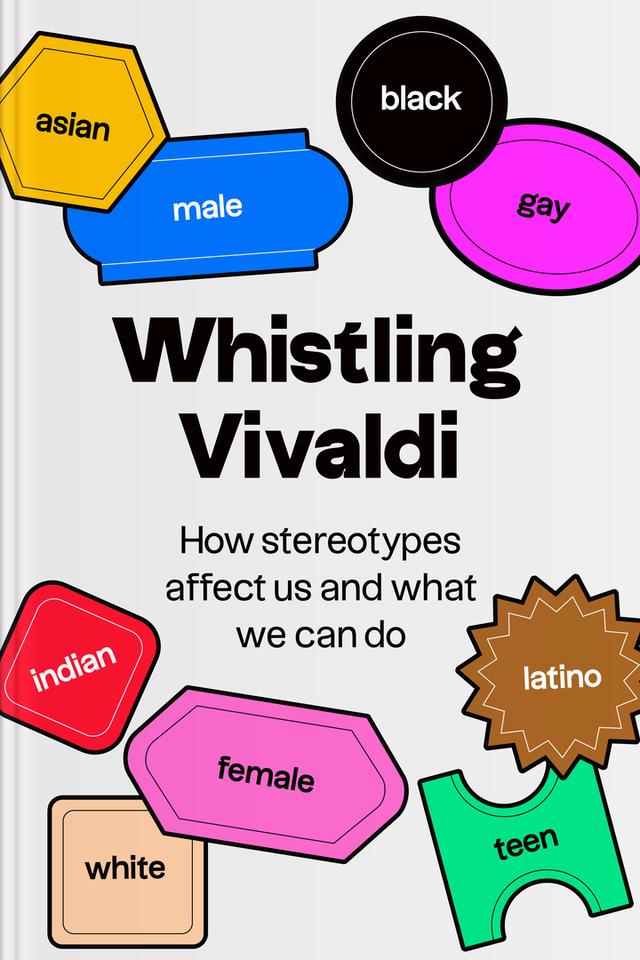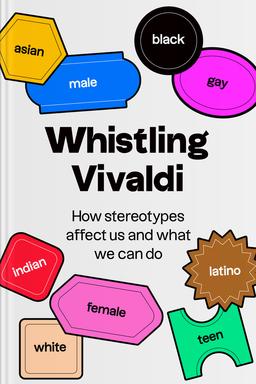You’ll learn
- Why unity boosts innovation
- The power of cultural respect
- How stereotypes limit us
- To overcome identity fears
Protect the world’s peace. Donate to support Ukraine

first KEY POINT
We limit ourselves based on unproven stereotypes and age-long assumptions. The popular belief in the earlier days that women had no business with calculations has limited the number of females who are interested in mathematics or something similar. We tend to punish ourselves for the sins committed by people from generations ago, and this will only cause more harm than good. We must see beyond the racial fog that has blocked our view and create a world where we are all humans first before any other thing. There’s no limit to what’s achievable when there’s unity — unity brings more ideas, and more ideas deliver more results.
Claude Steele’s succinct examples and his experiences with social prejudice is more amplified because he’s an African American. African Americans have always had it tough growing up in America, but with the coming of a new age, and the conscious effort by the present generation to change things, we can only hope for a better future.
second KEY POINT
Broadly, contingencies are societal situations we must navigate to achieve our desires or needs. Our social differences and identities, by setting specific life conditions, can profoundly influence various aspects of our lives.

Continue reading with Headway app
Continue readingfirst KEY POINT
second KEY POINT
third KEY POINT
fourth KEY POINT
fifth KEY POINT